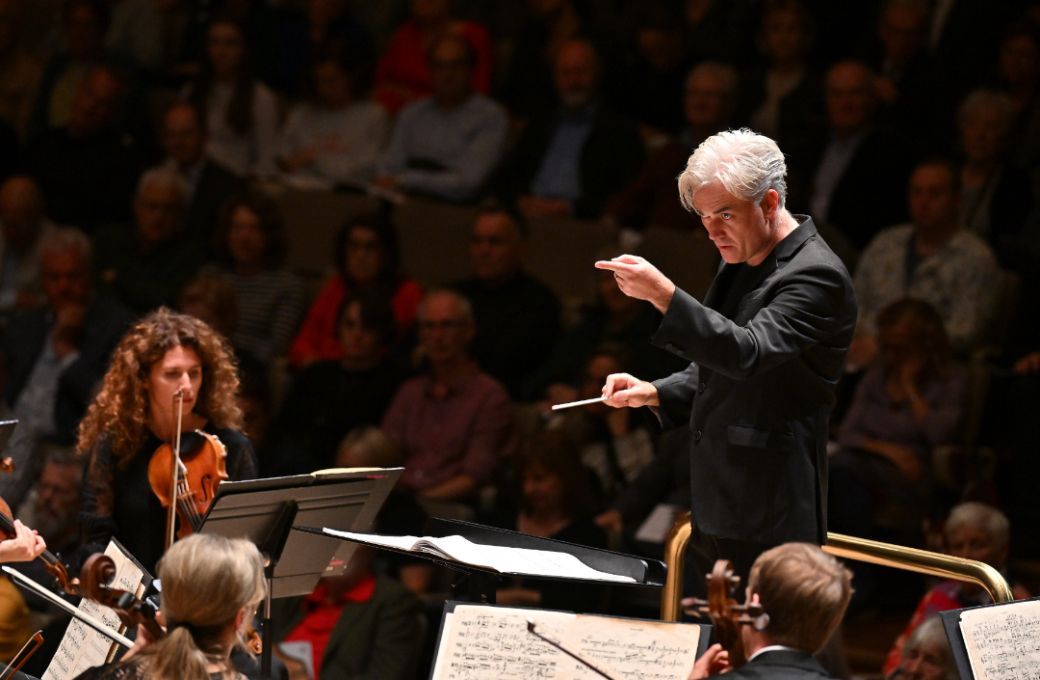There’s an indescribable feeling when a piece that seems like it will be the main event is surpassed by a shorter, less obvious work which blows everything else on the programme out of the water. In this London Philharmonic Orchestra concert, it was meant to be the Brahms Piano Concerto no. 1 in D minor with “cult pianist” Víkingur Ólafsson, one of the great beasts of the repertoire, that lingered in the memory; instead, it was a ferocious, roiling piece of Bartók that had the pulse quickening.

Ólafsson has developed a reputation as one of the most interesting pianists of the day, with a rigorous, intellectual approach to works that can shed new light upon familiar notes. At times throughout his performance of the Brahms, however, I was left craving a little more showmanship, a sense of bravado to match the dexterity that Brahms demands – a dexterity that Ólafsson delivered. Technically it was a delight, with a delicacy of touch that produced a sound more of glimmer than gloss. The Adagio, while muted at points, was played with focus, the notes clear across some artful damper work, the approach in harmony with the crisp playing Edward Gardner drew from his orchestra. It was in the second movement that Ólafsson’s interpretation really shone: his questing, reflective playing had something of the monastic to it that demanded attention, every note caressed and considered as it sounded. By contrast the third movement seemed oddly lacklustre, diffident, despite the simmering energy Gardner coaxed from the strings. An excellent arrangement – Ólafsson’s own – of Kaldalóns’ Ave María was a supple and pensive encore.
Audience numbers for the second half dropped somewhat; a shame, as the vivacity with which the LPO played the suite from The Miraculous Mandarin energised the hall. Sensational moments from the brass, with some particularly virtuosic displays of trombone bravura, jolted and rapped the ears, while an edgy, seductive oboe solo cut across rippling agile strings. The pacing was precise and determined, but organic. The only regret was that the decision was made only to play the suite rather than the full ballet.
Preceding this was the world premiere of Waley-Cohen’s Mother Tongue, a work with a cerebral concept that translated into an energetic four movement piece that put the orchestra through its paces. Fine orchestral writing, including some deeply attractive moments for bells and harp, did not, however, make the work immediately memorable; despite the flair of the tutti moments, it was in the more delicate, restrained sections that Waley-Cohen’s voice shone.


